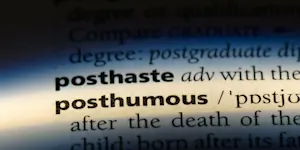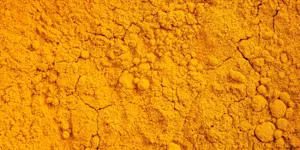What Makes This Word Tick
"Haunt" has a curious charm, don't you think? It's a verb that captures both a ghostly presence and a recurring thought. Its essence lies in persistently lurking, whether in the eerie corridors of a haunted mansion or the cozy confines of one's mind.
If Haunt Were a Person…
Imagine "Haunt" as a mysterious yet charismatic individual who knows how to make an entrance. It's the kind of person who leaves an impression at a party by saying something intriguing, leaving you to ponder it long after they're gone.
How This Word Has Changed Over Time
Initially rooted in Old French as "hanter," meaning to frequent a place, time has added layers of spectral allure to "haunt." From describing a routine pub visit to conjuring up spooky apparitions, its journey through language is quite the ghost story itself.
Old Sayings and Proverbs That Use Haunt
"He who has a haunted heart, has a troubled mind." An old adage hints at how being plagued by memories can disturb one's peace, showing that "haunt" has long been a metaphor for emotional unrest.
Surprising Facts About Haunt
Did you know "haunt" was once used to denote a positive frequenting of places, like a hunter's favorite woods? It wasn’t all about ghouls and goblins until Gothic literature cast a longer shadow over its meaning.
Out and About With This Word
It's not just castles and abandoned houses that "haunt" calls home. Everyday locations like diners or park benches can become haunts, too. It’s all about the memories and stories that linger in those places.
Pop Culture Moments Where Haunt Was Used
Bing Crosby's "I'll Be Home for Christmas" haunts us with nostalgic warmth every holiday season. The word adds a gentle melancholy, echoing with sentiments of longing and reminiscence.
The Word in Literature
"Haunt" flits through Gothic novels like a spectral presence, adding tension and atmosphere. Think of Edgar Allan Poe, where this word weaves seamlessly into tales of eerie suspense and brooding mystery.
Moments in History with Haunt
When the Anne Boleyn beheading kept courtiers on edge, you could say her presence haunted England. It was her actual and spectral influence that lingered in whispers and fears long after her demise.
This Word Around the World
In Spain, "haunt" translates to "encantar" but leans more toward enchantment. In Japan, spirits, or "yūrei," haunt in a way that’s more solemn and tethered to cultural ties of ancestor worship.
Where Does It Come From?
"Haunt" traces back to the Old Norse "heimta," meaning to bring home. Over time, it evolved into something more intangible—those memories and specters we can't quite shake off.
How People Misuse This Word
Often, people mistake "haunt" to mean simply any place someone visits often, without the emotional or spectral undertones that give it depth.
Words It’s Often Confused With
Hunt: Though they sound similar, "hunt" is about pursuit and capture, while "haunt" is all about presence and memory.
Hinge: Occasionally confused due to phonetic similarity in fast speech, but very different, as hinges are about joining, not lingering.
Haul: Another phonetic faux pas, where folks mix up hauling goods with spectral visits.
Additional Synonyms and Antonyms
Synonyms include "linger," "plague," and "shadow," capturing both physical and psychological nuances. Antonyms might be "banish" or "forget."
Want to Try It Out in a Sentence?
"Every corner of the old library seemed to haunt Millie, whispering the secrets of the past she was desperate to uncover."
















